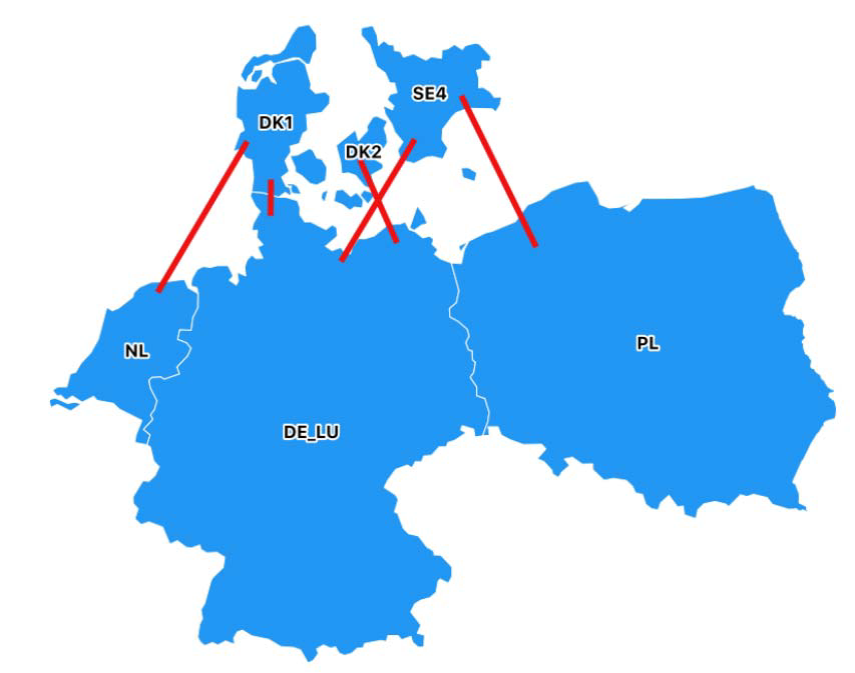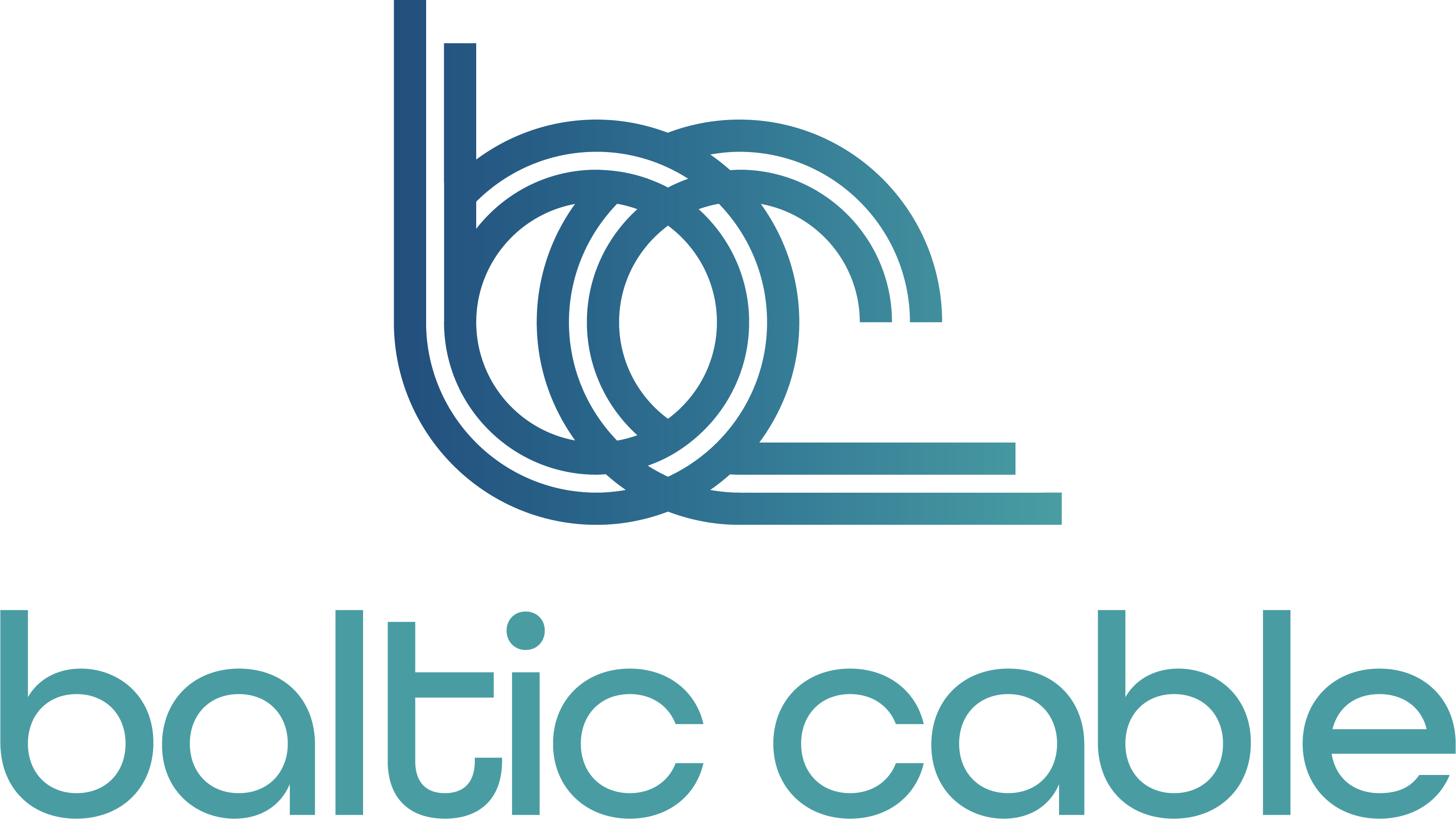Regulatory
TSO Certification
With decision BK6-17-087 of 19 November 2019 by the German Federal Network Agency (Bundesnetzagentur) Baltic Cable AB was certified as TSO according to the provisions of the ITO-unbundling pursuant to section 10 et. seq. German Energy Industry Act (Energiewirtschaftsgesetz).


CCR Hansa
In its decision 4/2021 of 7 May 2021, the European Union Agency for the Cooperation of Energy Regulators (ACER) has approved the Electricity Transmission System Operators (TSOs) proposal determining the Capacity Calculation Regions (CCR).
Pursuant to this Decision, the bidding zone border Sweden 4 – Germany/Luxembourg (SE4 – DE/LU) and the corresponding TSOs Svenska Kraftnät, TenneT TSO GmbH and Baltic Cable AB are included in the CCR Hansa.
The CCR Hansa now includes the bidding zone borders listed below as attributed to the referred TSOs:
a) Denmark 1 – Germany/Luxembourg (DK1 – DE/LU), Energinet and TenneT TSO GmbH;
b) Denmark 2 – Germany/Luxembourg (DK2 – DE/LU), Energinet and 50Hertz Transmission GmbH;
c) Sweden 4 – Poland (SE4 – PL), Svenska Kraftnät and Polskie Sieci Elektroenergetyczne S.A.;
d) Denmark 1 – Netherlands (DK1 – NL), Energinet and TenneT TSO B.V.;
e) Sweden 4 – Germany/Luxembourg (SE4 – DE/LU), Svenska Kraftnät, TenneT TSO GmbH and Baltic Cable AB.
The EU Regulation 2015/1222 establishing a guideline on Capacity Allocation and Congestion Management (CACM) defines CCRs as geographic areas in which coordinated capacity calculation is applied, it requires all TSOs to jointly develop determination of CCRs. The first determination of CCRs was adopted by ACER in November 2016 and was subsequently amended three times.
The 70% rule in Article 16 (8) of the Electricity regulation (EU) 2019/943
According to Art. 16 (8) of the Electricity Regulation (EU) 2019/943 Transmission System Operators are required to ensure that at least 70% of the transmission capacity is offered for cross-zonal trade, while respecting operational security limits.
Being a so-called single interconnector TSO, with only the HVDC cable as an asset, Baltic Cable itself has a technical availability of >95% and thus no structural congestion hindering the fulfilment of the 70% rule.
TSOs operating a meshed grid may however experience problems with internal, structural congestion which effects the capacity made available for interconnectors. In the case of foreseeable problems for ensuring grid security, exemptions from the 70% rule are possible for a limited transitional phase.
Both Sweden and Germany have made use of the possibility to apply an exemption to the 70% rule, however using different measures.
Germany has adopted a National Action Plan (NAP) in accordance with Art. 15(2) of the Electricity Regulation (EU) 2019/943 which means that the cross-zonal trade capacity is increased on an annual basis until the minimum capacity provided for in Art. 16(8) is reached. That minimum capacity shall be reached by 31 December 2025. The NAP established a starting value of 41% for the DE/LU-SE4 border for 2020, which shall be increased annually in a linear manner.
In Sweden, the TSO Svenska kraftnät has applied for, and been granted, a derogation from the 70% rule until the end of 2021 in accordance with Art. 16(9) of the Electricity Regulation (EU) 2019/943.

